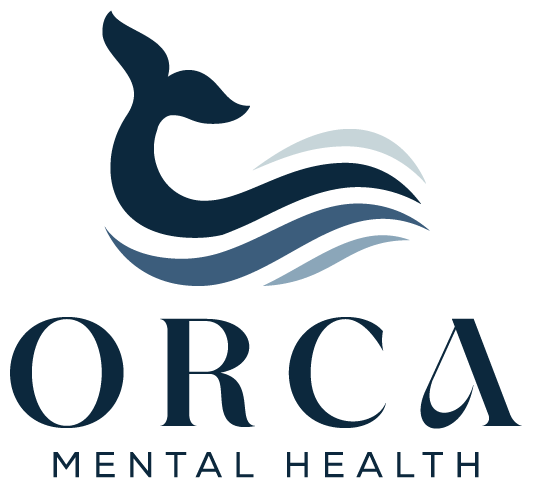Substance Abuse Treatment in San Diego, CA
ORCA is proud to offer specialized substance abuse treatment in San Diego, CA. Our men’s addiction treatment programs help you heal.
- Home
- What We Treat
- Substance Abuse
- About Our Program
San Diego Substance Abuse Treatment Centers
Welcome to ORCA Mental Health, a leading San Diego substance abuse treatment center for men. Our premier facility, dedicated to the treatment of substance use disorders for men, is located in the picturesque coastal town of Oceanside, California. Our facility is committed to meeting the unique recovery needs of men and providing a supportive and understanding environment that fosters recovery and resilience. We recognize the distinct challenges faced in male addiction recovery and have crafted our addiction and mental health treatment programs to support not just sobriety, but holistic wellness and a return to a fulfilling life.
We understand the breadth and depth of these addictive disorders
- We Are Here to Help
Understanding Substance Use Disorders (SUD)
A Substance Use Disorder (SUD) is a complex condition characterized by the compulsive use of substances despite harmful consequences. Substance use disorders can disrupt personal, professional, and social life, leading to significant impairments. SUDs can involve a range of substances, including alcohol, prescription medications, and illicit drugs. At ORCA Mental Health, we understand the breadth and depth of these addictive disorders. We provide a comprehensive substance use disorder treatment approach that addresses both the physical and psychological aspects of addiction, aimed at breaking the cycle of dependency and facilitating long-term recovery.
- Learn more
Different Types of Substance Use Disorders
Substance Use Disorders (SUDs) vary widely depending on the substance involved and the impact it has on the user’s health, well-being, and functionality.
Each type of SUD requires a specialized approach to treatment, considering the unique characteristics and challenges of the substance involved. Effective treatment plans tailored to the specific needs of the individual can significantly improve outcomes for those struggling with these complex disorders. Here are some of the most commonly recognized types of SUDs:
- Alcohol Use Disorder (AUD): This disorder is characterized by a problematic pattern of alcohol use leading to significant impairment or distress. Symptoms of alcohol addiction can include a strong desire to drink, inability to control drinking, persistent drinking despite negative personal and professional consequences, and developing a tolerance or experiencing withdrawal when trying to cut down or stop.
- Stimulant Use Disorder: This includes disorders involving the use of stimulant drugs such as cocaine or methamphetamine. Symptoms often include a rapid increase in tolerance, withdrawal symptoms including fatigue, vivid and unpleasant dreams, increased appetite, insomnia or hypersomnia, and significant psychomotor retardation or agitation.
- Opioid Use Disorder: This disorder is marked by a dependency on opioids, such as heroin, or prescription pain relievers like oxycodone. Opioid addiction can cause life-threatening health problems, including the risk of overdose. Its symptoms include a strong desire to use opioids, trouble in controlling its use, prolonged use despite harmful consequences, greater tolerance, and withdrawal symptoms with the cessation of use.
- ORCA Mental Health
Here to Help
ORCA Recovery Centers and Mental Health specializes in addiction treatment for men at our substance abuse treatment center in San Diego, CA. Contact us today to learn more.
- Learn More
How Substance Use Disorders Affect Men
Substance Use Disorders (SUDs) manifest uniquely in men, often influenced by a combination of biological, psychological, and social factors that differ significantly from their female counterparts. Understanding these unique aspects is crucial in tailoring substance abuse treatment that effectively addresses and supports the specific challenges faced by men during their recovery process.
Biologically, men are more likely to engage in risky behaviors, including substance use and early experimentation with drugs and alcohol. This propensity can lead to higher rates of dependency among men compared to women. Additionally, men often experience more severe physical health consequences from substance abuse, such as liver disease, heart disease, and lung cancer. These issues necessitate a recovery approach that not only addresses the addiction itself but also focuses on the physical health repercussions that are more prevalent in men.
Psychologically, men are less likely to seek help for mental health issues, often due to societal expectations and norms regarding masculinity and self-reliance. This can lead to a dangerous cycle where emotional distress is self-medicated with drugs or alcohol. Men with SUDs are also more likely to suffer from concurrent mental health disorders such as depression, anxiety, and PTSD, which can complicate treatment if not properly diagnosed and managed. Effective treatment programs for men need to foster an environment where seeking help is seen as a strength, not a weakness, and provide adequate mental health services.
Socially, men often experience more stigma around seeking help for addiction, which can prevent them from accessing necessary care. The pressure to adhere to traditional male roles such as being the provider or protector can exacerbate feelings of failure or inadequacy when battling an addiction. Treatment programs that recognize these pressures and offer support through male-specific groups and therapy can help men overcome these barriers.
Men’s treatment needs often require a different approach compared to women’s. For instance, men may benefit greatly from therapies that focus on enhancing emotional awareness and regulation, developing healthy coping mechanisms for stress, and rebuilding relationships damaged by the behavior associated with substance use. Additionally, since men are more likely to exhibit a pattern of externalizing behaviors, treatment programs need to incorporate strategies that effectively channel these tendencies into positive outcomes.
- What Sets Us Apart
Why Choose ORCA for Substance Abuse Treatment in San Diego?
ORCA Mental Health stands out for its commitment to providing specialized and comprehensive care for men struggling with substance abuse. Our programs are specifically designed to address the psychological and physiological factors that are unique to men’s health in recovery. By focusing on a male-only clientele, we create a more focused and supportive environment that can address gender-specific issues and dynamics often overlooked in co-ed facilities. Our expert team of healthcare professionals is trained to implement evidence-based practices that promote effective recovery and personal growth. Contact us today to learn more about substance abuse treatment in San Diego, CA.
- What We Offer
Our Substance Abuse Treatment Programs
At ORCA Mental Health, our treatment spectrum encompasses a variety of programs tailored to fit the needs of our clients at every stage of recovery. This includes Partial Hospitalization Programs (PHP) and Intensive Outpatient Programs (IOP), both offering structured yet flexible treatment environments. PHP allows clients to engage in intensive therapy during the day and return home in the evenings, while IOP provides a step-down level of care with less frequent sessions, ideal for those transitioning towards full independence. Clients may also choose inpatient treatment, where they reside at our facility and receive 24-hour care. Each program incorporates a blend of traditional therapy, innovative treatment methods, and support systems designed to promote long-term sobriety.
In our comprehensive treatment programs at ORCA Mental Health, we place a significant emphasis on addressing dual diagnosis and recognizing the critical interplay between substance use disorders co-occurring and mental health issues. Our integrated approach ensures that co-occurring disorders are treated simultaneously, providing a holistic path to recovery that considers the complexities of each individual’s situation.
We employ a range of therapeutic modalities to ensure a comprehensive treatment approach. Cognitive Behavioral Therapy (CBT) helps patients recognize and change detrimental thought patterns and behaviors. Dialectical Behavior Therapy (DBT) focuses on improving emotional regulation and developing coping mechanisms. Additionally, our use of Eye Movement Desensitization and Reprocessing (EMDR) assists in treating trauma that often underlies substance abuse. These modalities are supported by regular individual and group therapy sessions that facilitate self-discovery and mutual support among peers.
Recognizing the importance of treating the whole person, not just the addiction, ORCA Mental Health integrates holistic approaches into our treatment plans. Physical activities like yoga and fitness programs improve physical health, while nutritional counseling ensures that clients receive the balanced diet necessary for recovery. Mindfulness and meditation practices are also embedded in our programs to help clients develop mental resilience and emotional stability, which are crucial for managing stress and preventing relapse.
- Learn More
Getting Started with Addiction Treatment
The first step towards recovery at ORCA Mental Health is an initial comprehensive assessment conducted by our team of specialists. This assessment helps us understand the specific needs and conditions of each client, allowing us to tailor a treatment plan that best suits their individual situation. We guide each client through the admissions process with transparency and support, ensuring they understand the steps involved and what to expect throughout their treatment journey.
- Our Program
Overcome Substance Abuse at ORCA Mental Health
Choosing to address substance abuse is a brave and life-changing decision. At ORCA Mental Health, we are committed to supporting each client through their unique journey to recovery with comprehensive care and compassion. If you or a loved one are struggling with drug addiction or a mental health disorder, reach out today to learn more about treatment options and begin your path to a healthier, substance-free life.
The leading San Diego substance abuse treatment center for men
- Get Help With Costs
We Accept Most Major Insurances
Contact our team or fill out our online form to verify your insurance coverage.
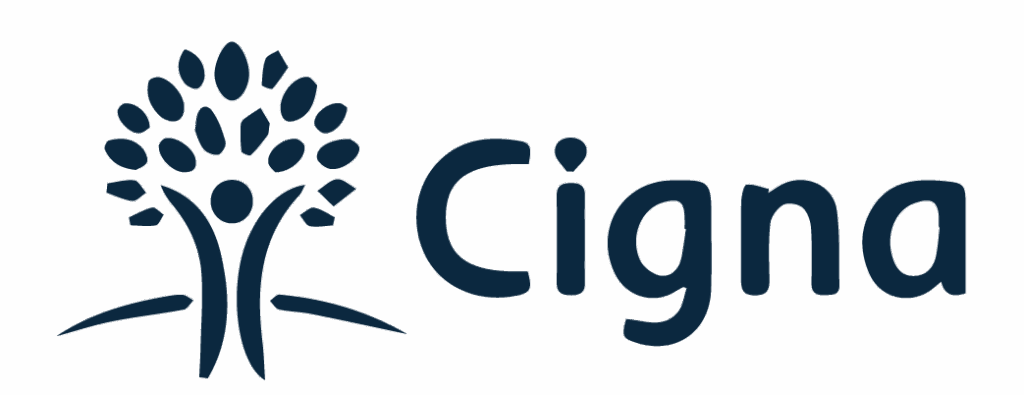


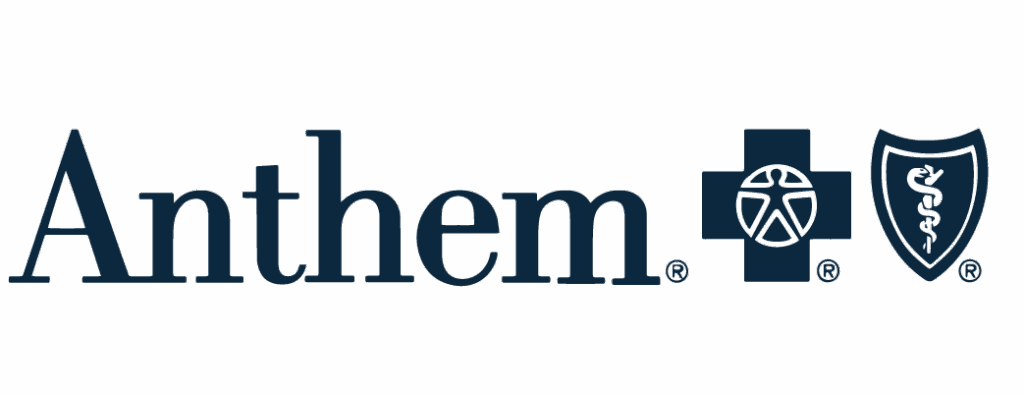
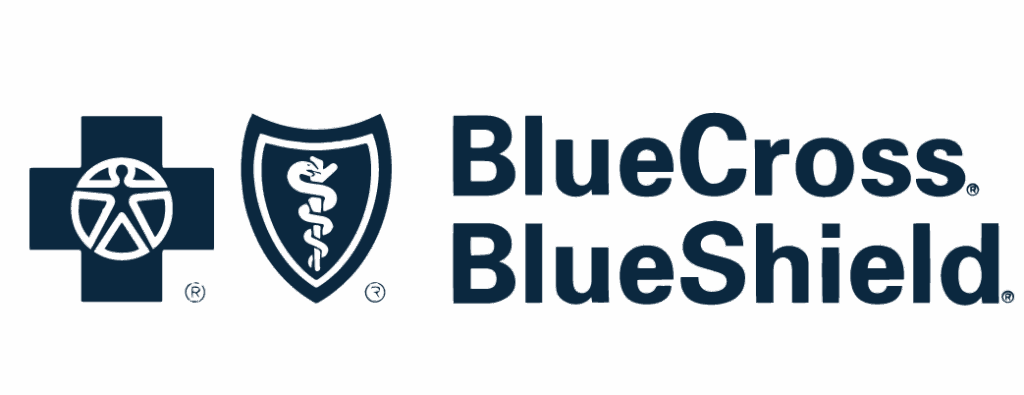

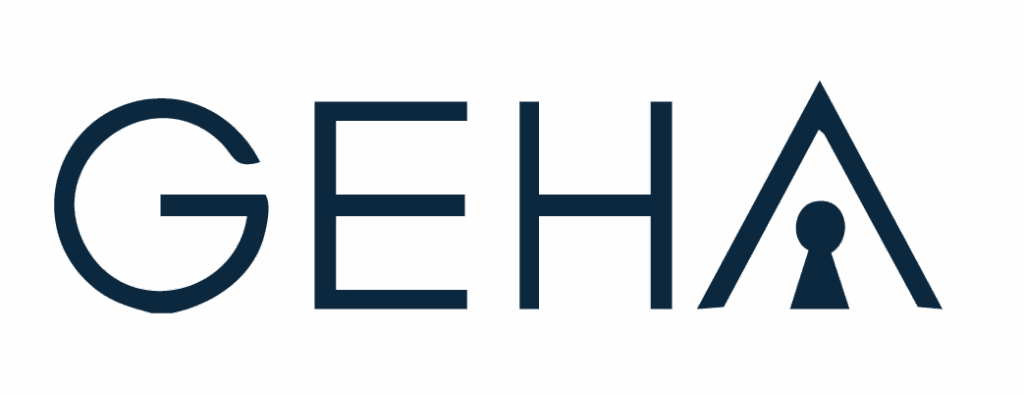

- Get Started
Take the First Step Toward Recovery
At ORCA Mental Health, we believe in a holistic and individualized approach to mental health care. We recognize that every journey is unique, and our programs are tailored to the specific needs of each client.
- Our clients receive the most effective and relevant treatment
- We work collaboratively to provide the highest standard of care
- Our Community fosters long-term recovery and personal growth
